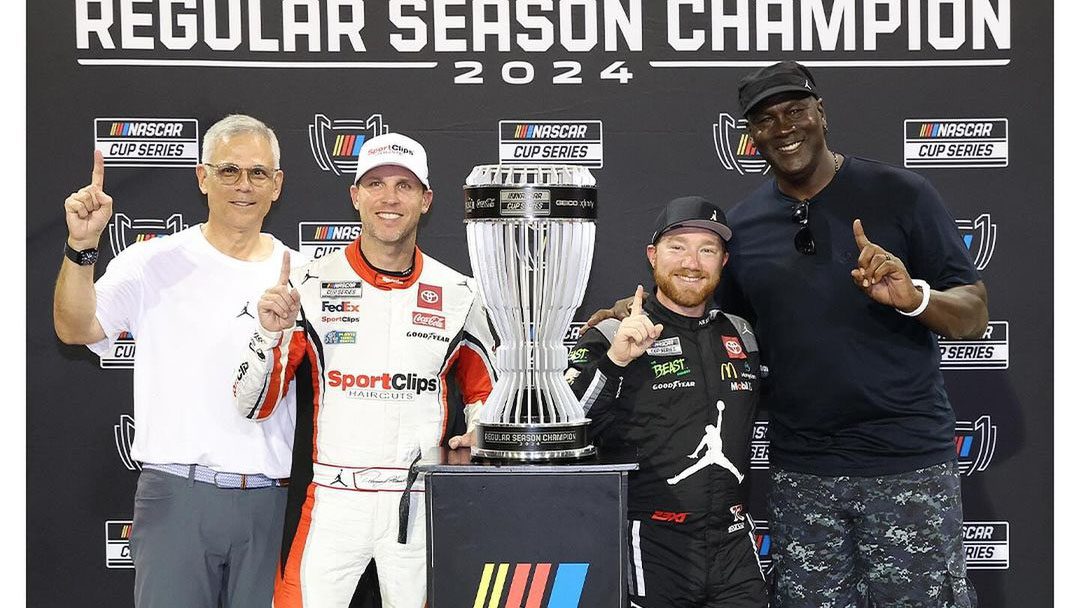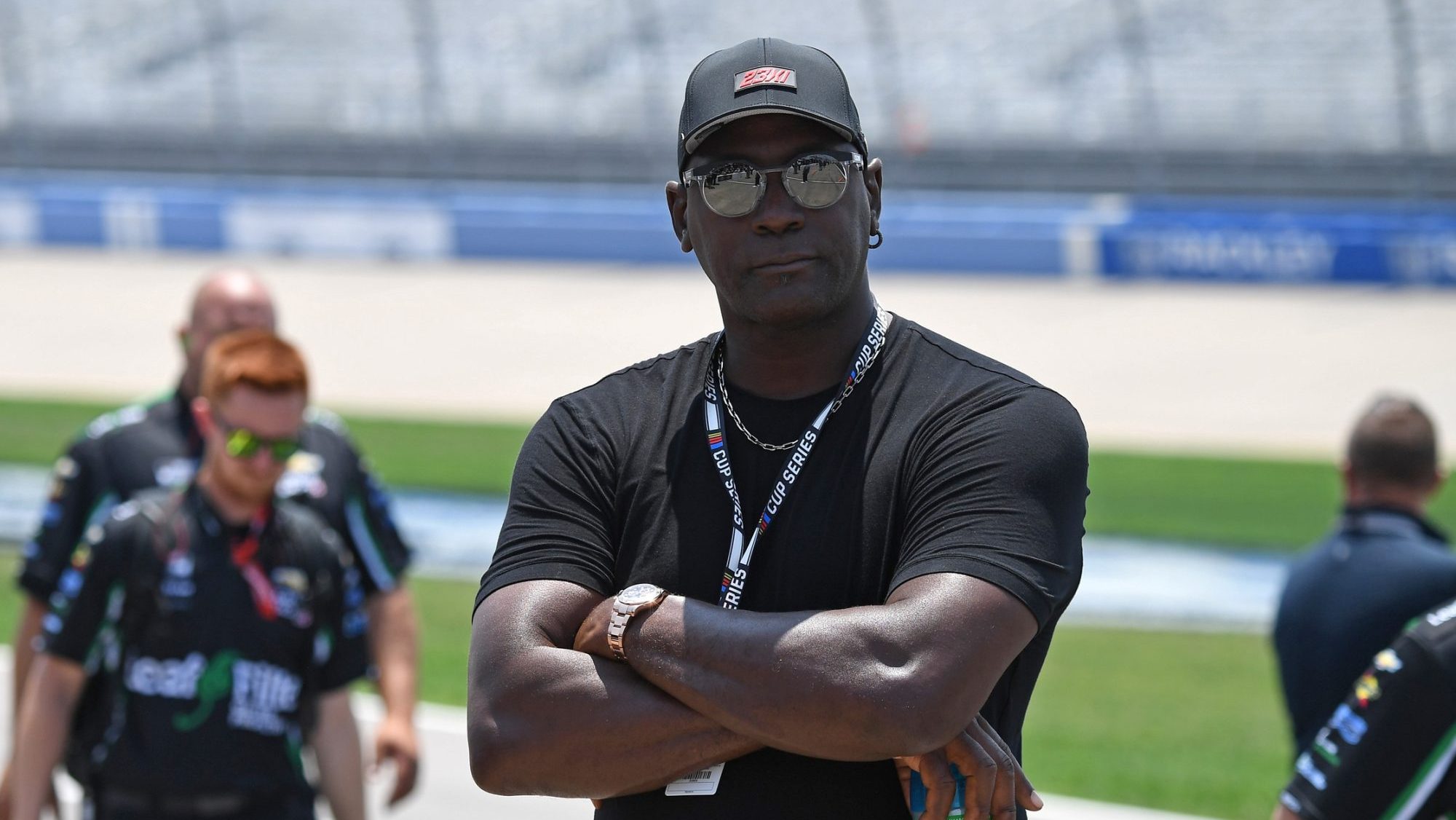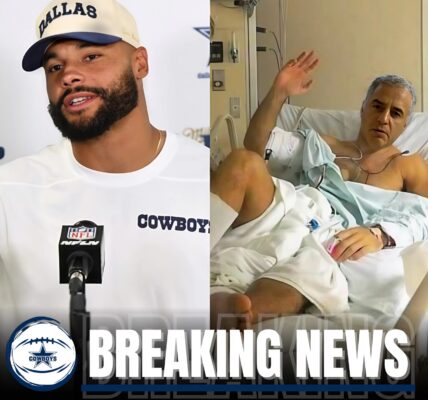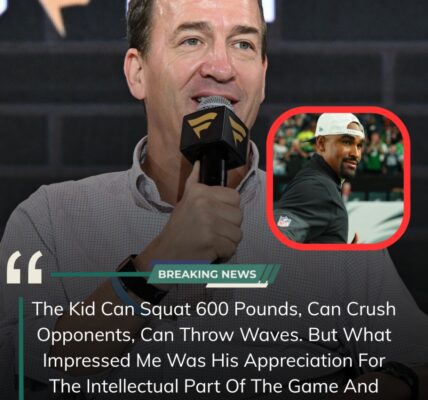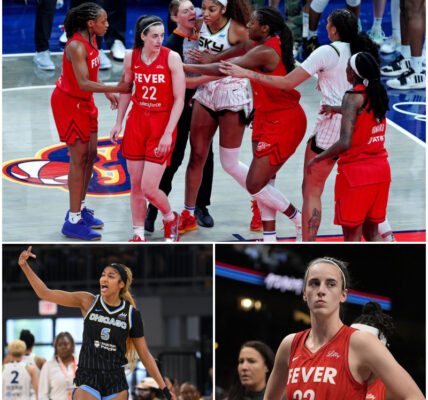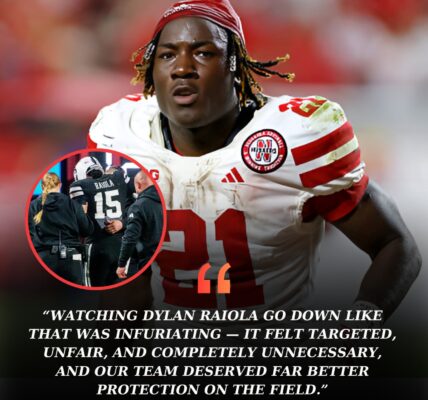- Homepage
- Sport News
- NASCAR Fights Michael Jordan-Led 23XI Racing Over Charter Dispute, Calls Lawsuit an Attempt to Secure an Exclusive Advantage
NASCAR Fights Michael Jordan-Led 23XI Racing Over Charter Dispute, Calls Lawsuit an Attempt to Secure an Exclusive Advantage
